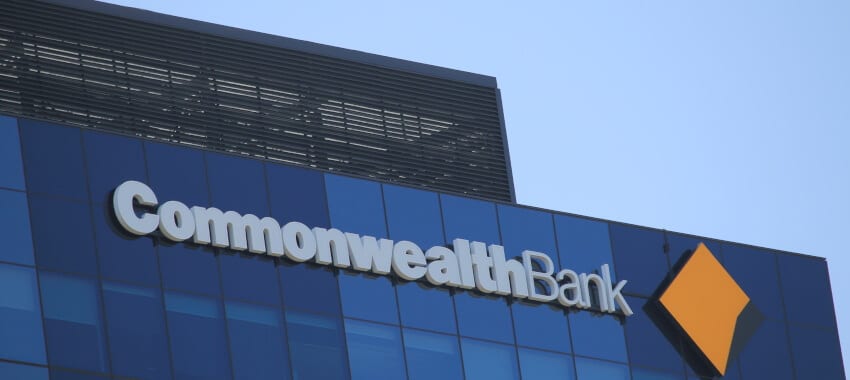
The major bank’s household spending index declined in February, driven by less spending on entertainment, retail and travel.
The Commonwealth Bank of Australia’s (CBAs) Household Spending Intentions (HSI) index declined 0.1 per cent over February due to a seasonal rise in home buying and motor vehicles following traditionally lower spending in January.
Despite the slight fall overall, discretionary spending saw large falls over the month of February. Spending on entertainment fell by 11.3 per cent as household budgets feel the pinch of cost-of-living pressures and rising interest rates.
Spending on retail fell 9.8 per cent after a large decline in January, with weakness building in the retail space due to inflation sitting at 7.4 per cent. Items such as household goods continue to be affected by falling home prices and lower turnover, according to the major bank.
In original terms, spending on travel declined 8.9 per cent in original terms, although when adjusted for seasonal terms there was a slight increase, which the CBA suggested is due to a “pent-up demand for travel”.
However, the decline in discretionary spending was offset by an increase in home buying (21 per cent) which is still 20 per cent lower than the same period in 2022.
According to CBA, the rebound during February was driven by a typical seasonal increase in home loan applications and Google searches for property inspections and appraisals after the holiday season.
Notably, the latest Australian Bureau of Statistics (ABS) household spending indicator data for January 2023 revealed that household spending rose 17.8 per cent for the month when compared to the year before.
Spending on transport rose by 41.5 per cent, hotels, cafes and restaurants by 38.5 per cent, and clothing and footwear by 20.9 per cent.
CBA senior economist Belinda Allen said February’s HSI index revealed more brakes on discretionary spending, however, Australians are still willing to make sacrifices to prioritise holiday spending.
“We are seeing the growing impact of higher interest rates, with consumers taking stock and prioritising what they are spending their money on.
“Despite this, there is still demand for travel which indicates Australians are willing to sacrifice spending on other discretionary categories to enjoy a well-earned holiday following the pandemic.
Ms Allen further commented that recent commentary from the Reserve Bank of Australia (RBA) suggested that it is “close to pausing the hiking cycle” with interest rates being more restrictive.
“We expect a continued slowdown in consumer spending over coming months, with the large volume of fixed rate mortgages expiring this year adding pressure on household budgets from higher mortgage payments,” Ms Allen concluded.
[RELATED: Household spending rises as business sentiment falls]

